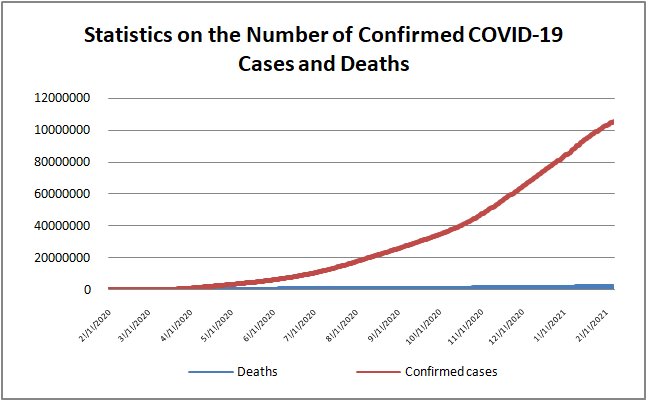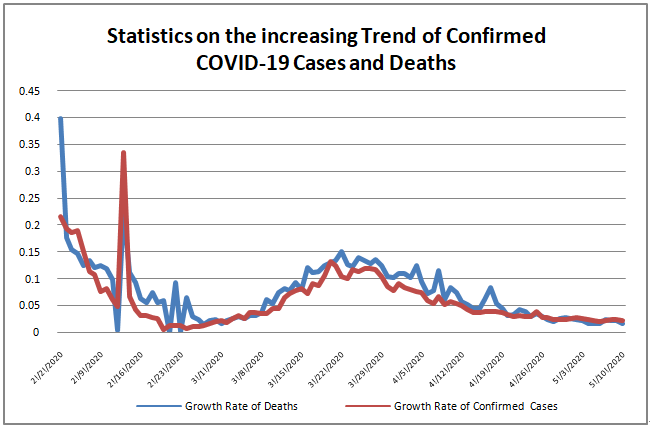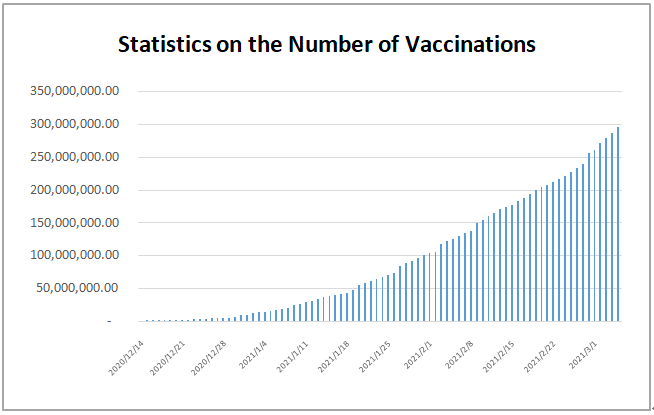Prudent Asset Purchases by Central Banks Are Critical amid the COVID-19 Pandemic
Time:2022/01/11 BJT
1.Key concerns
International Monetary Fund (IMF) published an article on January 5 stating that while central bank asset purchases in emerging markets could be successful in reducing market stresses, they also pose significant risks. IMF suggested asset purchases that central banks in countries (regions) make should be on their own initiative and be made in the secondary market on a modest scale.
During the COVID-19 crisis, central banks in many countries (regions) deployed a range of tools including asset purchasesto help restore market functioning. According to the IMF, targeted asset purchases in many emerging countries and developing economies during the COVID-19 crisis helped reduce financial market stresses without precipitating noticeable capital outflow or exchange rate pressures.
In the meantime, IMF reminded countries (regions) that while asset purchases can help those central banks achieve the mandated objectives, they also pose significant risks. On the one hand, the central bank could thus become heavily indebted, which could negatively affect financial markets. Central banks could lose money if they buy sovereign or corporate debt when interest rates are low across maturities, and then policy interest rates rise sharply. Following this, the central bank is less willing or able to deliver on its mandated responsibilities when policy tightening is needed due to concerns about its own financial and liability positions. On the other hand, the government could put pressure on the central bank to “fiscal dominance” to pursue the government’s goals, curbing the central bank's performance of its mandated responsibilities. The government may well grow accustomed to cheap financing from the central bank’s actions and pressure the central bank to continue, even if the inflation is more severe. In the long run, the central bank may be therefore unable to fulfill its mandated responsibilities to keep inflation low and prices stable, causing severe volatility in financial markets.
As such, the IMF called on the central bank of countries (regions) to comply with the following principles for asset purchases. Firstly, a core principle is that the central bank must have latitude to adjust its policy rate as needed, and this is also critical. Central banks pay for the assets they buy through issuing reserves. These extra reserves could spawn large inflationary pressure unless the central bank can sterilize the reserves by raising its policy rate to a level consistent with price stability.Secondly, a closely related principle is that any purchases the central bank makes should be on its own initiative, and to achieve its mandated objectives rather than those of the government. In particular, asset purchases should be undertaken on a moderate scale to match the objective (financial stability) with the means (asset purchases). Finally, central bank asset purchases should be made in the secondary market, rather than “directly” through primary market purchases. Direct financing provides an easy route for the government to determine the size of the central bank balance sheet, tending to undermine fiscal discipline and to increase the risks of debt monetization.
WHO Called for the 70% Vaccination Target Must Be Met to Ward off Omicron
2.Briefing on COVID-19 Pandemic(Issue No.175)
According to WHO statistics, calculated numbers of confirmed COVID-19 cases and deaths reached 293,750,692 and 5,454,131 by January 5, 2022. The US, the UK, France, Italy and Spain, were the five countries (regions) with the highest number of new confirmed cases in the past seven days. The US, Russia, Poland, India and Germany were the five countries (regions) with the highest number of new deaths in the past seven days.


https://covid19.who.int/
To ward off the Omicron variant, the WHO appealed to countries (regions) topush for no less than 70% vaccine coverage for achieving the global COVID-19 vaccination.Statistics from Our World In Data, an online research site of the University of Oxford, presented that 9,276,819,737 doses had been administered by January 4, 2022. On January 4, 2022, the WHO stated that countries could not "boost" their way out of the pandemic since the Omicron was propagating so "intensely", much like the Delta variant, and the achieving of vaccination coverage globally is the only way to prevent the mutation and transmission of the COVID-19. During a press briefing in Geneva, the WHO epidemiologist Dr. Abdi Mahamud told that there was still not enough data available to say whether the Omicron variant is less severe than other COVID-19 strains. However, it is certain thatthe Omicron could hit the vulnerable population very hard, and vaccination has remained the main issue. Dr. Mahamud added that without the vaccination protection at a global level, the virus “replicates in an atmosphere that is overcrowded, not ventilated and not vaccinated”. He urges countries (regions) to push for no less than 70% vaccine coverage as soon as possible,thus reducing the global mutation and spread of the variant.

https://ourworldindata.org/covid-vaccinations
In terms of the restrictive measures taken by countries (regions), countries (regions) continued to take restrictions against the Omicron variant. In America, on January 4, the Governor of the State of Maryland in the US declared an official state of emergency. Pfizer said on January 5 that the US government had purchased an additional 10 million courses of oral treatment for the COVID-19. The Brazilian government published a decree on January 4, local time, aimed at requiring all civil servants in the state of Sao Paulo, the country's economic hub, to be fully vaccinated against the COVID-19 and to provide proof of full vaccination at work, otherwise they will be subject to disciplinary responsibility. In Europe, the British Prime Minister said at a press conference on January 4 that from next week, the government will conduct daily COVID-19 tests for key workers from food processing to Border Force. The Danish government said on January 5 that it will shorten the validity of vaccination certificates to 9 months from February 2022 and strengthen the regulation of cross-border travel. The Cyprus government announced on January 3 that it will be mandatory for global cross-border travellers to Cyprus to submit a negative PCR test certificate for the COVID-19 within 48 hours before entry. In Oceania, the Prime Minister of Australia announced on January 5 that the Australian government will provide 10 million rapid antigen tests to states to support their efforts to prevent and control the COVID-19 pandemic. In Asia, Japanese Prime Minister said on January 4 that a booster of the COVID-19 vaccine will be provided to all Japanese seniors to prevent the spread of the virus. In South Korea, Son Young-rae, senior epidemiological strategist at the Central Disaster Management Headquarters, said at a press conference on January 4 that the government is considering whether to distribute a fourth dose of the COVID-19 vaccine to some vulnerable populations with immunocompromised conditions who may not be able to build and sustain their immunity even after a second or third dose, and discussing the plan with experts.


